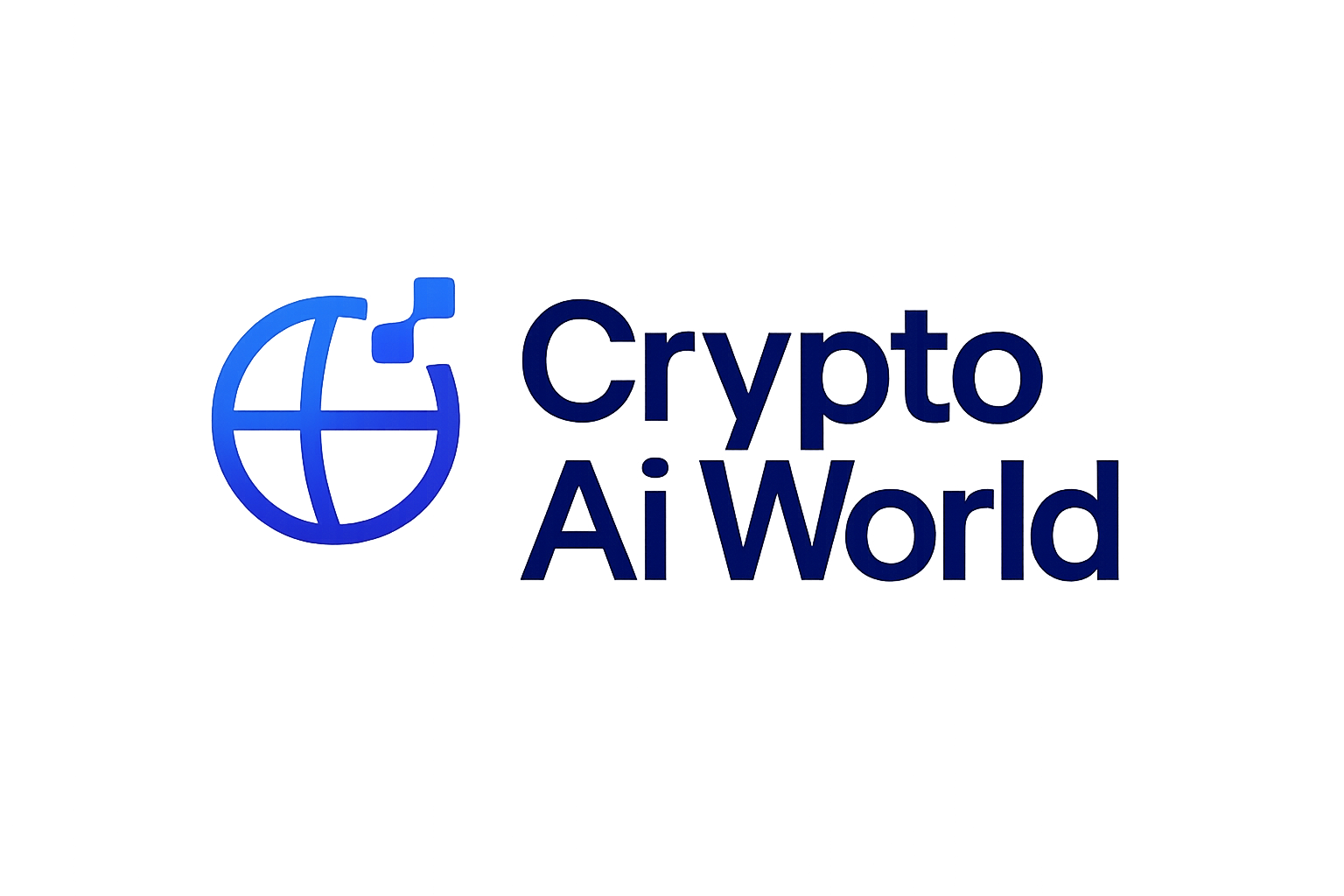
Imagine a city where sovereignty is not a political slogan but an architectural principle, woven directly into the circuits and protocols that power every building, streetlight, and autonomous system. In these emerging decentralized cities, the union of AI and DePIN (Decentralized Physical Infrastructure Networks) is redefining the very fabric of urban life. At the heart of this transformation lies a critical challenge: ensuring that AI agents not only operate efficiently, but also do so with verifiable identity and accountable reputation (REP). This is the essence of AI sovereignty at the protocol layer.

Identity as the Foundation of Protocol Layer Sovereignty
For AI agents to act autonomously in decentralized environments, they must possess robust, tamper-proof identities. Unlike traditional systems where identity is managed by centralized authorities, protocol-layer sovereignty demands decentralized solutions that are interoperable and trustless by design.
The Major Protocol exemplifies this shift with its Decentralized AI Agent Identity System. Leveraging standards such as ERC-5169 and ERC-7738, it enables cross-platform authentication and persistent reputation tracking for AI agents. This means an agent’s identity and history are portable across applications, reducing risks like Sybil attacks or impersonation attempts.
Similarly, the LOKA Protocol’s Universal Agent Identity Layer (UAIL) proposes a universal framework for agent verification. By anchoring identity in cryptographic proofs rather than centralized databases, UAIL ensures that both human users and machine agents can interact securely across diverse DePIN networks. The implications are profound: with verifiable identity at the protocol level, cities gain a foundation for ethical alignment between autonomous systems.
Reputation (REP): Trust in Decentralized Urban Ecosystems
If identity answers “who” an agent is, reputation addresses “how” it behaves over time. In DePIN-powered cities, where thousands of autonomous agents manage everything from traffic flows to energy distribution, transparent reputation systems are essential for trust and accountability.
The Intelligent System of Emergent Knowledge (ISEK) demonstrates this principle with its multidimensional reputation network. Here, both human contributors and AI agents accrue REP based on provable actions within the network – fostering cooperation while deterring malicious behavior.
The Humanity Protocol, on the other hand, leverages biometric data to ensure only legitimate entities can access sensitive infrastructure or data streams. This approach mitigates risks like deepfakes or mass Sybil attacks – critical in environments where trust cannot be assumed but must be cryptographically earned.
Key Benefits of Decentralized Identity and REP in DePIN Cities
-
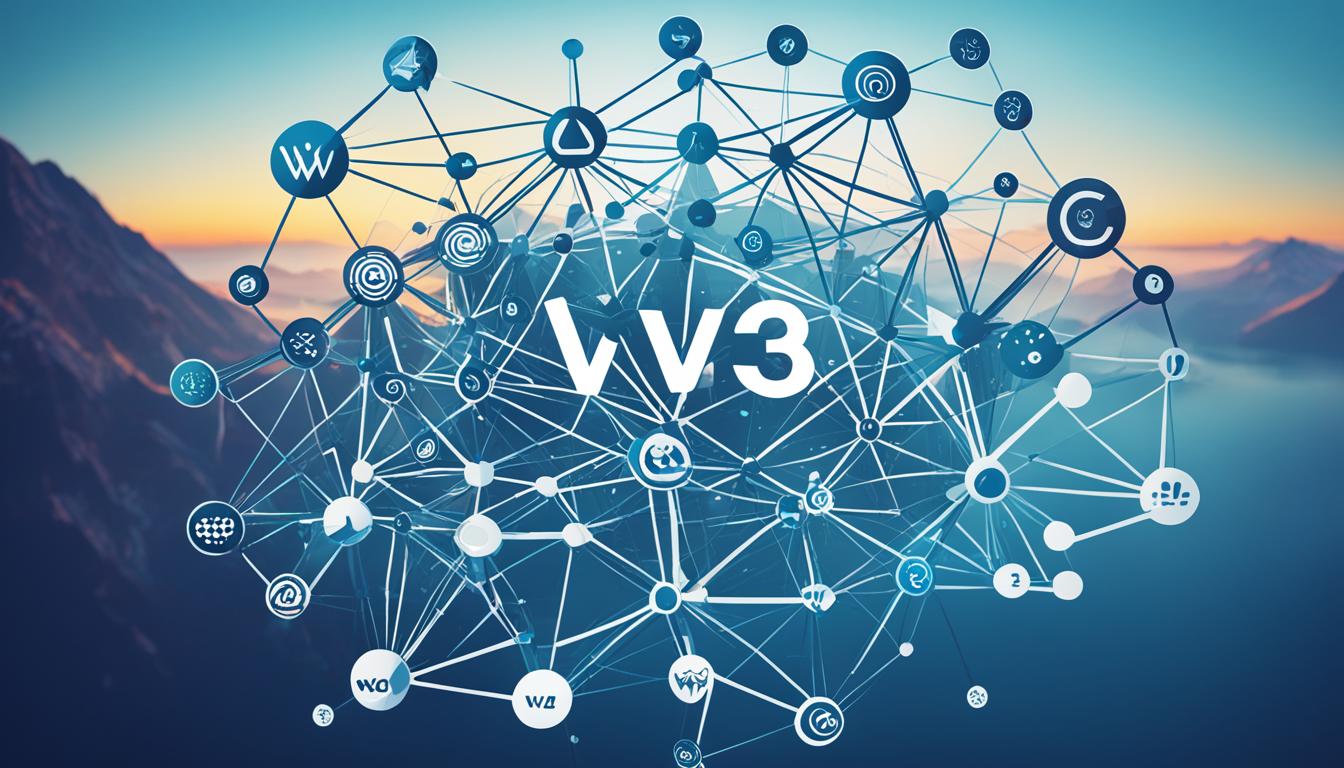
Enhanced Trust and Accountability: Decentralized identity systems like Major Protocol and LOKA Protocol enable verifiable, immutable identities for AI agents, ensuring transparent authentication and comprehensive reputation tracking across platforms.
-

Sybil Attack and Deepfake Mitigation: Solutions such as the Humanity Protocol utilize biometric-based decentralized identities to ensure only legitimate entities participate in DePIN networks, reducing risks from fake identities and malicious actors.
-
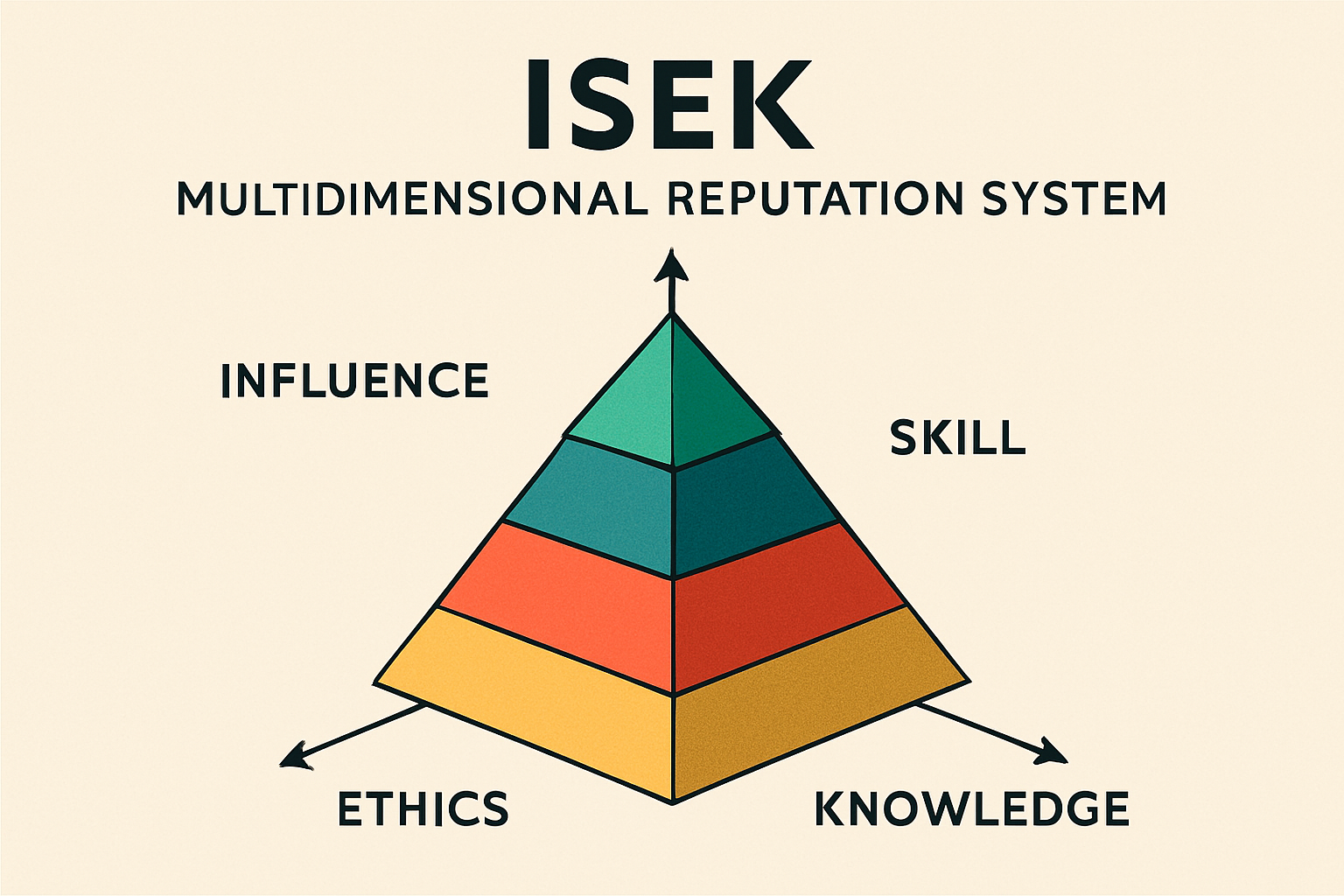
Autonomous and Ethical AI Operations: By leveraging self-sovereign identity and reputation frameworks, as seen in the ISEK multidimensional reputation system, AI agents can make independent decisions while maintaining ethical standards, fostering trustless autonomy in city infrastructures.
-
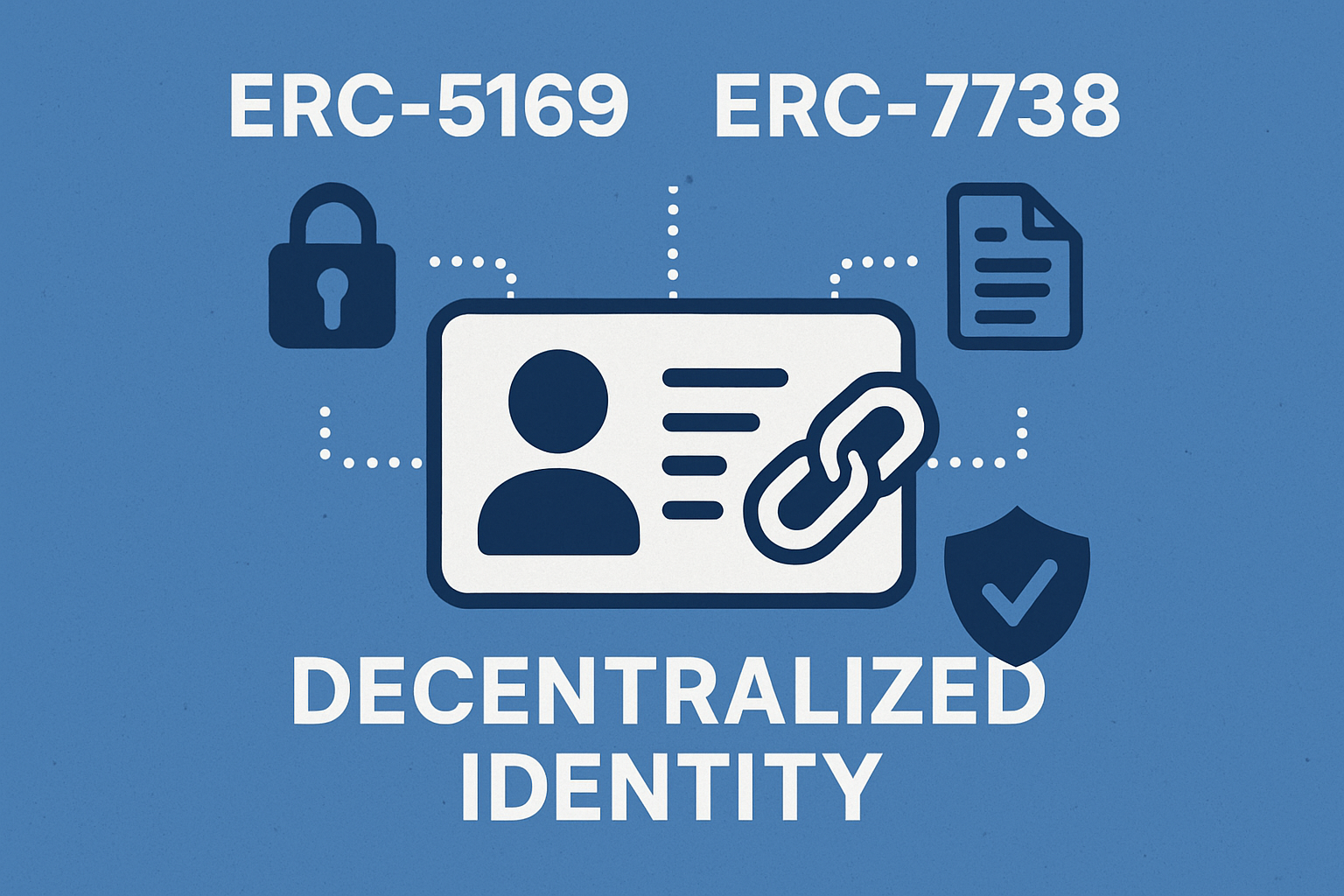
Interoperability and Cross-Platform Collaboration: Standards like ERC-5169 and ERC-7738 empower decentralized identity solutions to enable seamless authentication and reputation sharing between AI agents and human users across diverse DePIN applications.
-
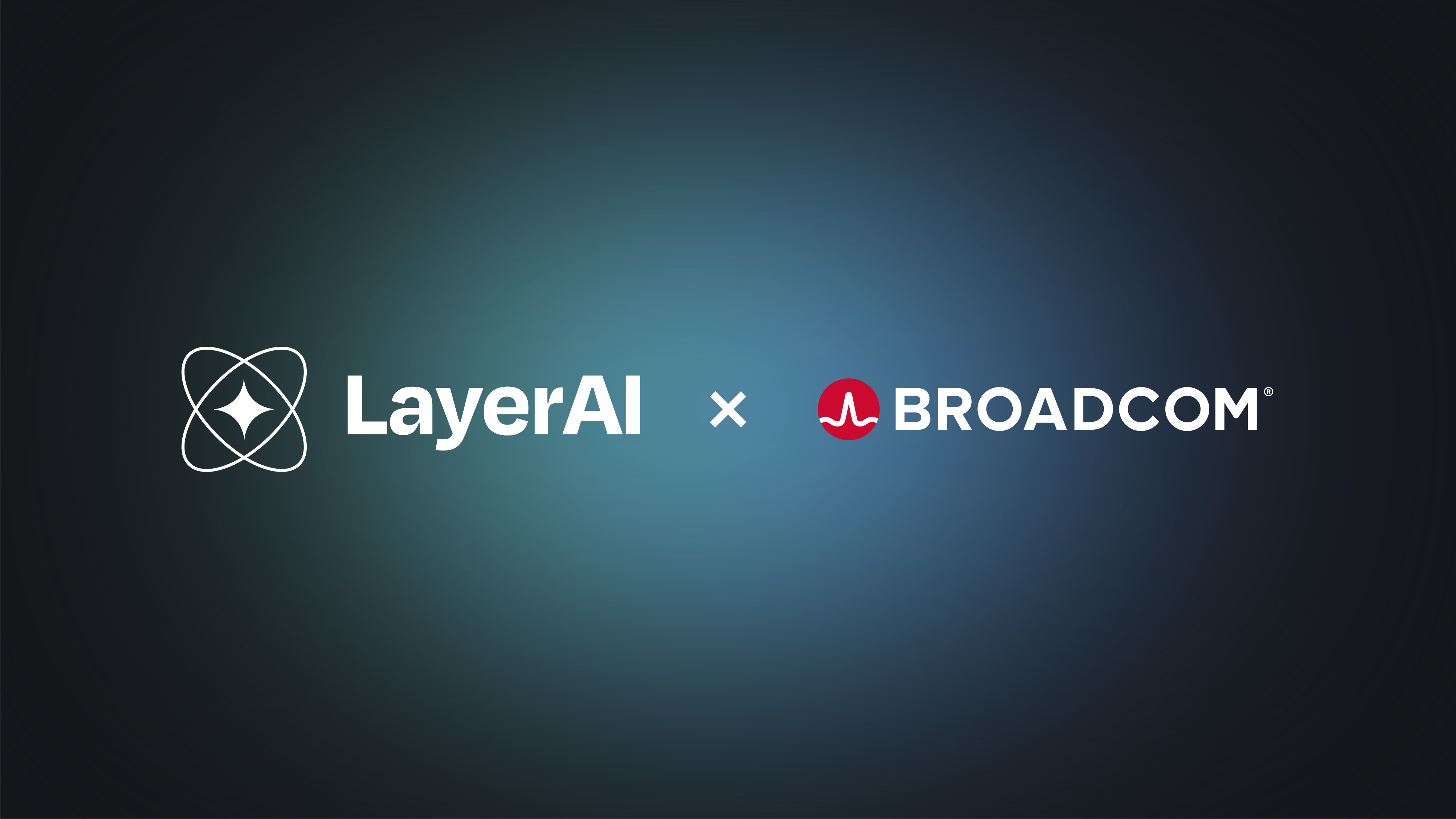
Privacy-Preserving Data Utilization: Projects such as LayerAI and SingularityNET & Privado ID demonstrate how decentralized identity and reputation systems can facilitate secure AI data usage, keeping sensitive information sovereign and private within DePIN cities.
Integrating AI Sovereignty into Real-World DePIN Networks
The practical integration of sovereign AI into DePIN frameworks is already underway. Projects like LayerAI are building networks where data economy applications and decentralized VPN nodes underpin scalable infrastructure for autonomous operations, all governed by protocol-layer identities.
This movement extends to collaborative partnerships such as SingularityNET’s alliance with Privado ID to establish a decentralized AI Agent Trust Registry (source). These registries enable real-time verification of agent credentials before sensitive transactions or collaborations occur, vital for maintaining operational security as DePIN cities scale.
